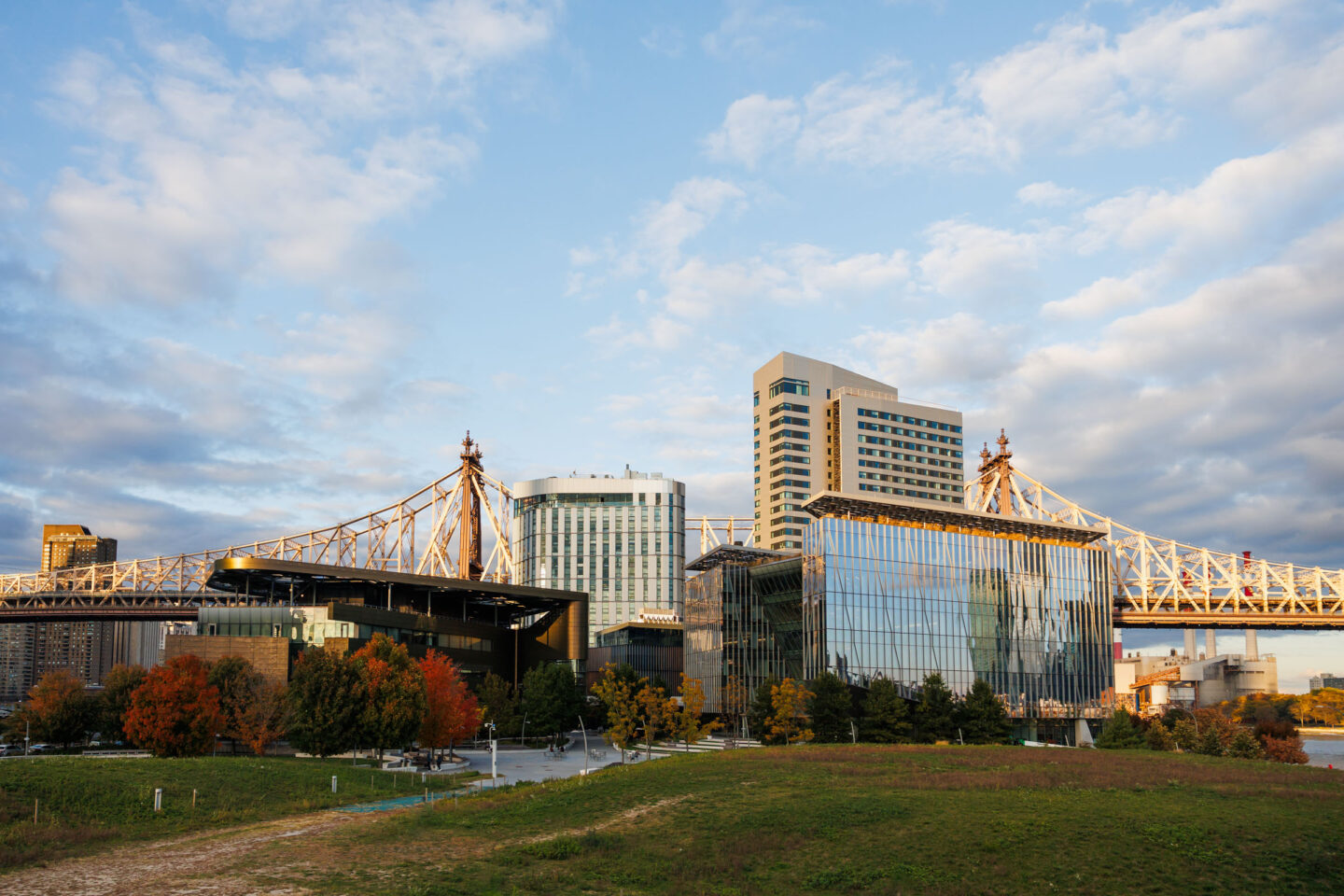
Research Labs & Initiatives
The AI for Medical Imaging (AI4MI) Research Initiative exists at the intersection of artificial intelligence, medical imaging, and clinical care. We represent a strategic investment by Weill Cornell Radiology in the research, development, deployment, and broad dissemination of novel, cutting-edge AI algorithms and methods for a range of medical imaging problems.
The XR Collaboratory (XRC) at Cornell Tech works with faculty, researchers, and students from computer vision, computer graphics, and human-computer interaction, as well as practitioners in application areas such as healthcare, education, and architecture. XRC’s objective is to accelerate research & education in XR (augmented reality, virtual reality, and mixed reality) through cross-campus collaborations, hands-on mentoring, and rapid research explorations.
The People-Aware Computing lab develops mobile sensing systems for capturing, learning, and interpreting people's context, activities, and social networks. Led by Dr. Tanzeem Choudhury, the lab focuses on wearable devices, behavior change technologies, and health apps to improve a user’s well-being and quality of life. Funding sources have included NIH, Intel, NSF, Google, Microsoft Research, and Samsung.
Cornell Tech’s fully equipped robotics lab allows researchers to go beyond theory and conduct empirical testing and field research of the highest quality. Generous space, including a drone cage, and fabrication equipment give researchers all they need to build robots from scratch. The lab’s high-speed motion capture system facilitates advanced visualization and analysis — while our networked VR systems simulate complex human-robot interactions, including multi-person and cross-cultural studies.
Research on Campus
Spaces for research and innovation are embedded throughout the Cornell Tech campus. Learn about the Tata Innovation Center (the campus hub for research and commercialization), the Bloomberg Center (the intellectual nerve center of campus), and several other collaborative spaces designed to nurture new ways of thinking and working.

Related Stories









